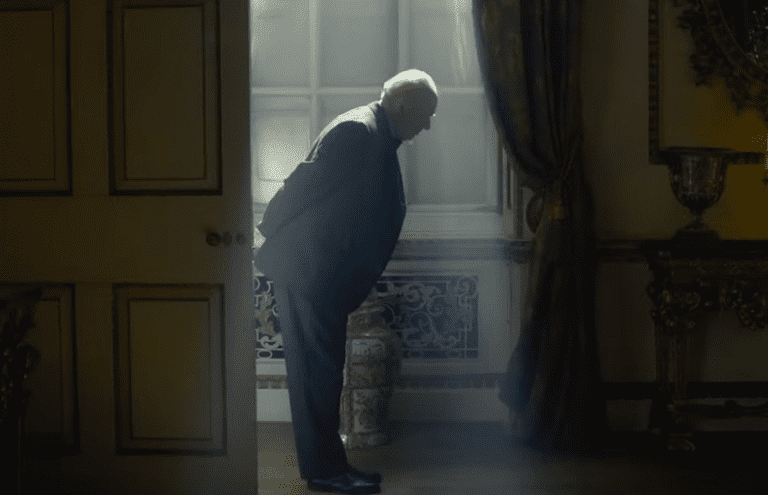
The earliest days of Churchill’s prime ministry are ones of unremitting disaster. Belgium and Holland have already been overrun. It’s clear that France, one of Europe’s greatest powers, is teetering on collapse. The entire British army is pinned to the beaches of Dunkirk, like a bug at the end of a pin.
Some politicians push Churchill to pursue a negotiated exit from the war—to ask Germany for terms.
“We’re facing certain defeat on land, the annihilation of our army and imminent invasion,” Viscount Halifax tells Churchill in a council of war. “We must negotiate peace talks.”
“When will the lesson be learned!” Churchill bellows. “You cannot reason with a tiger when your head is in its mouth!”
And yet.
Pragmatically, Halifax would seem to be right. Hitler’s Germany rolled over Europe like it was so much carpet and grows stronger by the day. Italy is about to join the German cause, bringing more fascist muscle to the fight. Can Britain, alone, stand in the way of this Nazi steamroller? Or won’t it simply be crushed in turn?
For nearly a millennia, England’s shores have been unsullied by invading footprints. It has stood at or near the forefront of Western thought and power for 500 years. It’s a proud country—a country with much to lose, should it dare try to oppose Hitler. Perhaps a negotiated peace would preserve the island’s autonomy. Perhaps it could ensure that the swastika would not wholly replace the Union Jack.
Perhaps.
Even Churchill seems to waver. He seems to wonder whether he wants the responsibility of being the man to lead Britain to its own potential, perhaps even likely, destruction.













